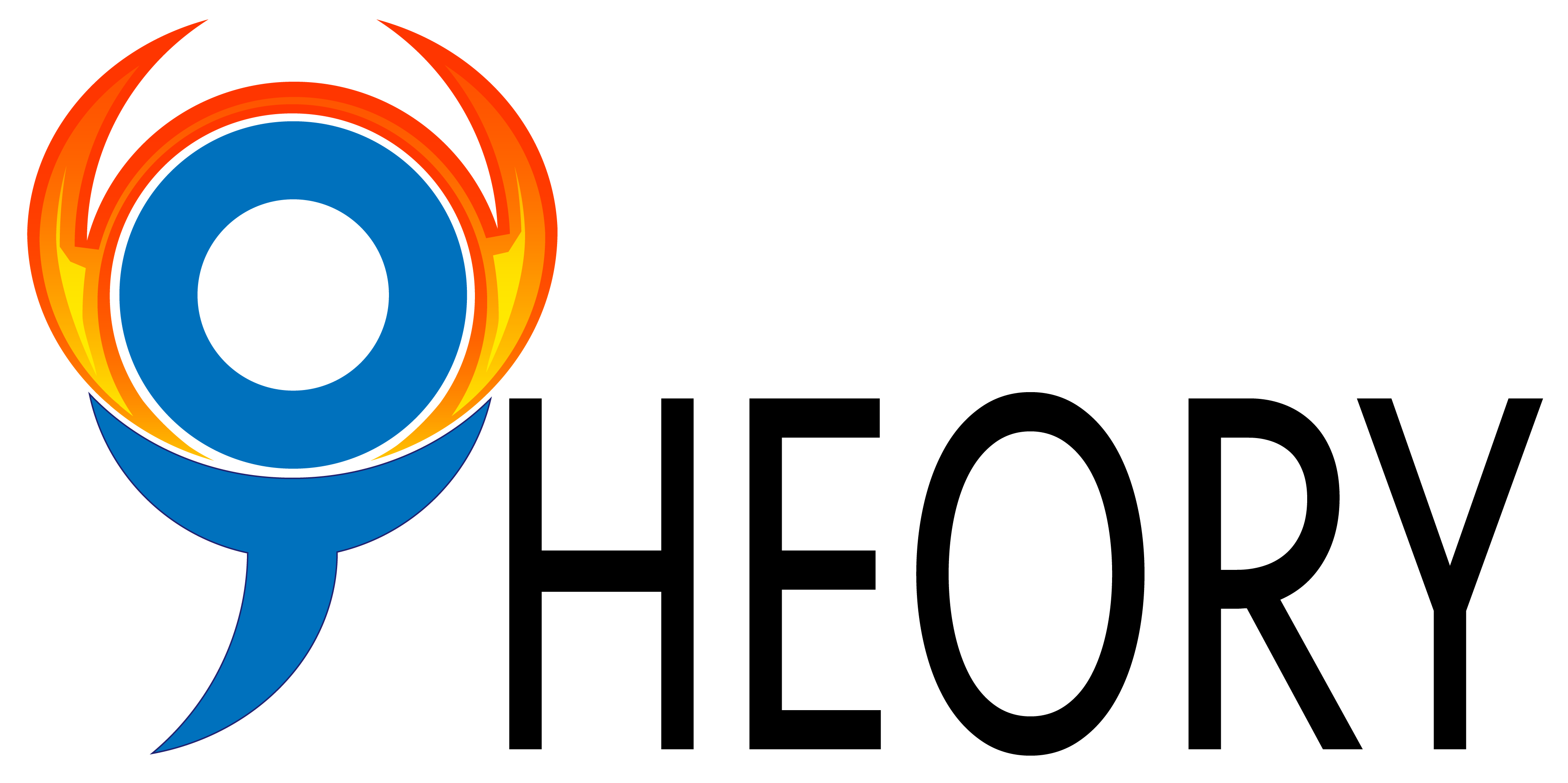This integrative framework mainly consists of two elements: (1) the factors influencing clinical reasoning (CR), and (2) the evolving CR process underlying the choice of teaching strategies. First, both internal factors (relate to occupational therapists, such as knowledge and experience, personal habits) and external factors (relate to client, environment, task, and interaction of them, such as emotional/cognitive/physical availability, previous knowledge) influence CR of therapists. The CR process consists of eight non-linear, circular stages, and each in relation to the influence of internal and external factors. The eight stages are organized into three phases. Phase 1 (development of the teaching plan) includes gathering information, picturing the teaching situation, and matching to the generic profile and the teaching plan. Therapists first gather information about the external facts during observations and/or home visit. This stage is largely determined by the internal factor like the therapists’ knowledge on clients. Then the therapists develop a general picture of teaching situation from the information, linking it to the generic profile that the therapists have on mind (depends on the therapists’ experience). Phase 2 (finalization of the choice of teaching plan) includes assessing the plan and choosing to use (or not to use) the plan. The therapists assess the plan by considering own availability, the tool’s readiness, the anticipated efficacy of the plan, and the therapeutic relationship. Phase 3 (adaptation in action of the teaching plan) includes setting the plan in motion, checking information, and pursuing or modifying the plan. The therapists consider the clients’ reaction (availability, social environment, result, etc.) to assess whether to continue or modify the plan until the objective is met. During all three stages, the clients are the one who makes choices and decisions and the therapists take the role in facilitating their performance.
Summarized by
- Macey Cho
Type
- Framework
Population
- Child
- Adolescent
- Adult
- Elderly
Disability
- All
Domain of occupation
- All
Application Note
Throughout the stages, CR evolves from a generic mode (focuses on internal factors), to a personalized mode (focuses on external factors).
Key Reference
Carrier, A., Levasseur, M., Bedard, D., & Desrosiers, J. (2012). Clinical reasoning process underlying choice of teaching strategies: A framework to improve occupational therapists' transfer skill interventions. Australian Occupational Therapy Journal, 59, 355-366.
Year Published
- 2012
Primary Developer
- Annie Carrier
Primary Developer Email
- annie.carrier@usherbrooke.ca
